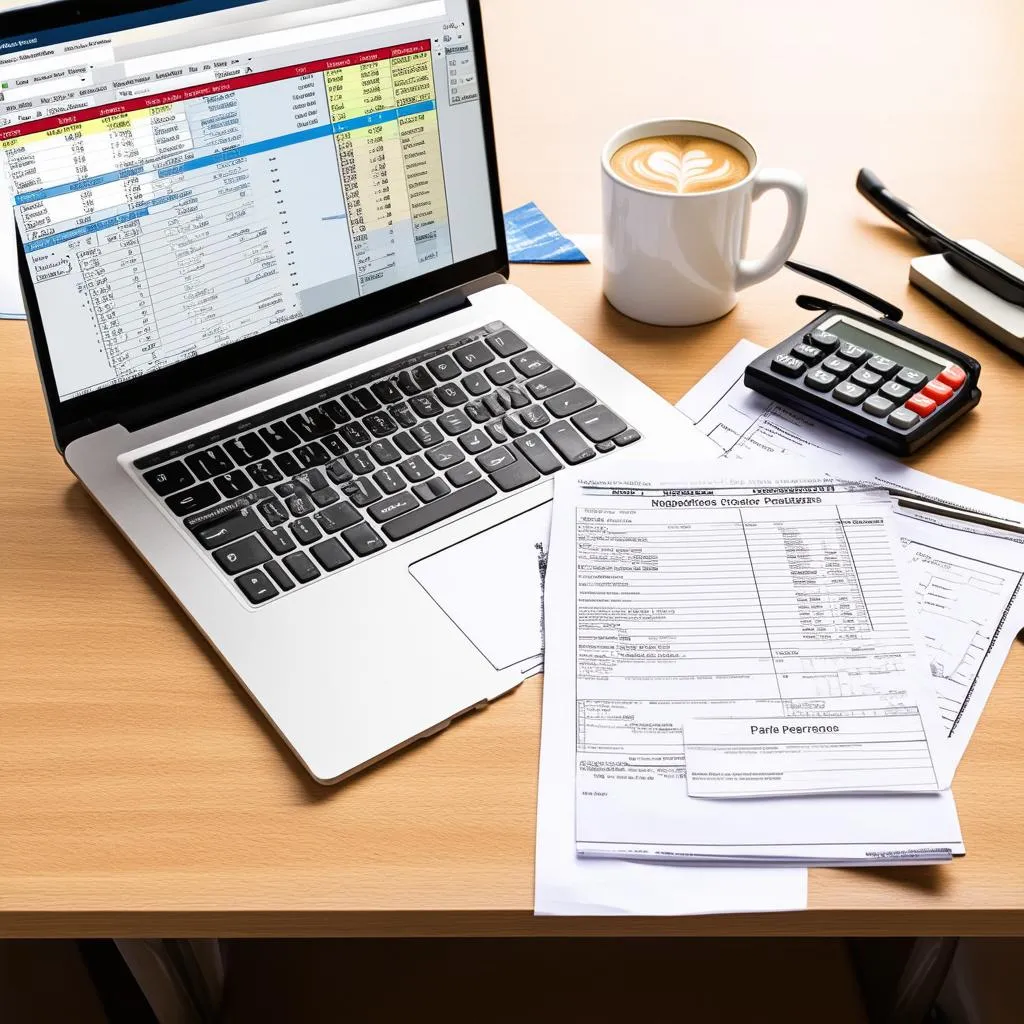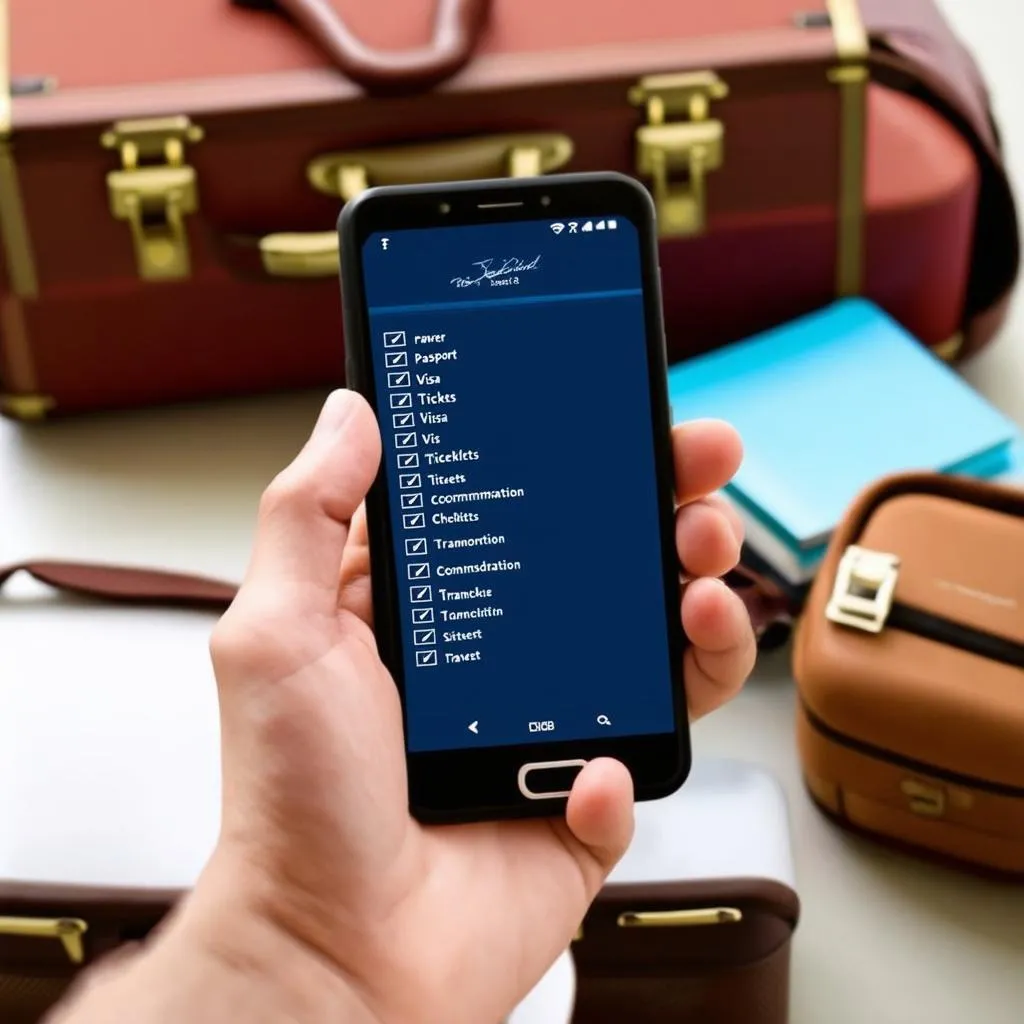Picture this: you’re offered an exciting job opportunity that involves traveling across the country, from the vibrant streets of New York City to the sun-kissed beaches of California. The catch? You’re not sure how food and housing wages will be taxed. Don’t worry! This article will unpack the complexities of tax regulations concerning traveling employees, focusing specifically on food and housing wages.
Understanding Taxable and Non-Taxable Income
Before diving into the specifics, it’s crucial to understand the difference between taxable and non-taxable income. As a traveling employee, your income might consist of regular wages, per diems, and reimbursements.
Taxable income includes your regular wages and any additional compensation for your services. Think of it like the income you earn while working from a traditional office.
Non-taxable income generally includes reimbursements for business expenses that you incur while traveling for work, such as:
- Travel expenses: This includes airfare, train tickets, bus fares, and even rental cars used for business purposes.
- Lodging expenses: Hotel bills, Airbnb stays, and other lodging costs directly related to your work assignment generally fall under this category.
- Incidental expenses: These are smaller expenses incurred while traveling, such as tips for bellhops, baggage fees, and transportation to and from the airport.
However, the lines become a bit blurry when we talk about food and housing wages, which can be either taxable or non-taxable depending on specific circumstances.
Are Food and Housing Wages Taxable? – It Depends!
Whether your food and housing wages are taxable depends largely on whether you are classified as having a “tax home” or being “in travel status” by the IRS:
1. Maintaining a “Tax Home”
If your work assignment keeps you in a single location for a significant period (generally a year or more), the IRS may consider that location your “tax home.” In this case, any food and housing stipends or allowances you receive are likely considered taxable income.
Example: Imagine you’re offered a year-long contract to manage a project in Denver, Colorado. Even though you’re originally from Miami, your “tax home” would likely be Denver for the duration of your contract, and any food and housing allowances would be considered taxable.
2. “In Travel Status”
If your work requires you to travel frequently and be away from your “tax home” for an extended period, you might qualify as being “in travel status.” To meet the IRS requirements, you generally need to be away from home overnight and your work assignment must last longer than a typical workday.
When you’re considered “in travel status,” your employer may provide you with food and housing per diems or reimbursements that are not considered taxable income, as long as they are within the IRS-defined limits for your location.
Example: Let’s say you work as a consultant and your job requires you to travel to different cities every few weeks for client projects. You maintain a permanent residence in Austin, Texas, which is considered your “tax home.” Since your work necessitates frequent travel away from Austin, you likely qualify as being “in travel status,” and your food and housing per diems within IRS limits would not be taxable.
Important Note: Always consult with a qualified tax professional to determine your specific tax obligations as a traveling employee, as tax laws are subject to change.
Tips for Traveling Employees
Navigating the complexities of taxes as a traveling employee can seem daunting, but here are some tips to keep in mind:
- Maintain Detailed Records: Keep thorough records of all your travel expenses, including receipts for meals, lodging, transportation, and other work-related costs.
- Understand Your Employer’s Policy: Familiarize yourself with your employer’s travel and expense reimbursement policies.
- Consult a Tax Professional: Seek guidance from a qualified tax advisor to ensure you’re claiming all eligible deductions and fulfilling your tax obligations correctly.
 Tax Forms and Calculator
Tax Forms and Calculator
FAQs
Here are some frequently asked questions about taxes for traveling employees:
Q: Can I deduct my travel expenses even if I receive a per diem?
A: It depends. You can generally deduct any travel expenses that exceed your per diem amount. However, if your employer reimburses you for expenses exceeding the per diem, these reimbursements might be considered taxable income.
Q: What happens if my employer provides me with a company car for travel?
A: If your employer provides a company car primarily for business use, you generally won’t be taxed on its personal use as long as you keep accurate records of your business mileage. However, if you use the company car for personal reasons more than minimally, you may be taxed on the value of that personal use.
 Travel Checklist on Mobile Phone
Travel Checklist on Mobile Phone
Embrace the Journey with Travelcar.edu.vn
Planning a trip across the country? Embark on your next adventure with Travelcar.edu.vn. Our website offers a plethora of resources for travelers, including destination guides, travel tips, and even information on renting a car for your journey.
Remember: Understanding your tax obligations as a traveling employee can be complex. This article offers general information and should not be considered professional tax advice. Always consult with a qualified tax professional to discuss your individual circumstances.